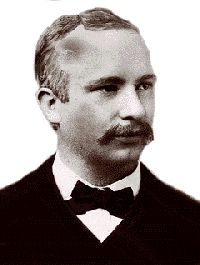A Quote by Johan Rockstrom
There is no such thing as a Fourth Industrial Revolution with 9 billion thriving co-citizens in the world if it is accomplished on linear economic principles. We need a transition to circular economic principles and practice.
Related Quotes
Capitalism had arisen through the misuse and exaggeration of certain rights, notably the right of property - the basis of economic freedom - and the right of contract, which is one of the main functions of economic freedom. Therefore, even under Capitalism, so long as the old principles were remembered it was possible to recall the principles whereby Society had once been sane and well ordered.
Chairman Mao's greatest contribution was that he applied the principles of Marxism-Leninism to the concrete practice of the Chinese revolution, pointing the way to victory. It should be said that before the sixties or the late fifties many of his ideas brought us victories, and the fundamental principles he advanced were quite correct.
The Fourth Industrial Revolution has the potential to empower individuals and communities, as it creates new opportunities for economic, social, and personal development. But it also could lead to the marginalization of some groups, exacerbate inequality, create new security risks, and undermine human relationships.
We must elevate the craft, protect its interests, advance wages, reduce the hours of labor, spread correct economic doctrines and cultivate a spirit of fraternity among the working people regardless of creed, color, nationality or politics. These principles are the foundation principles of our organization.





































